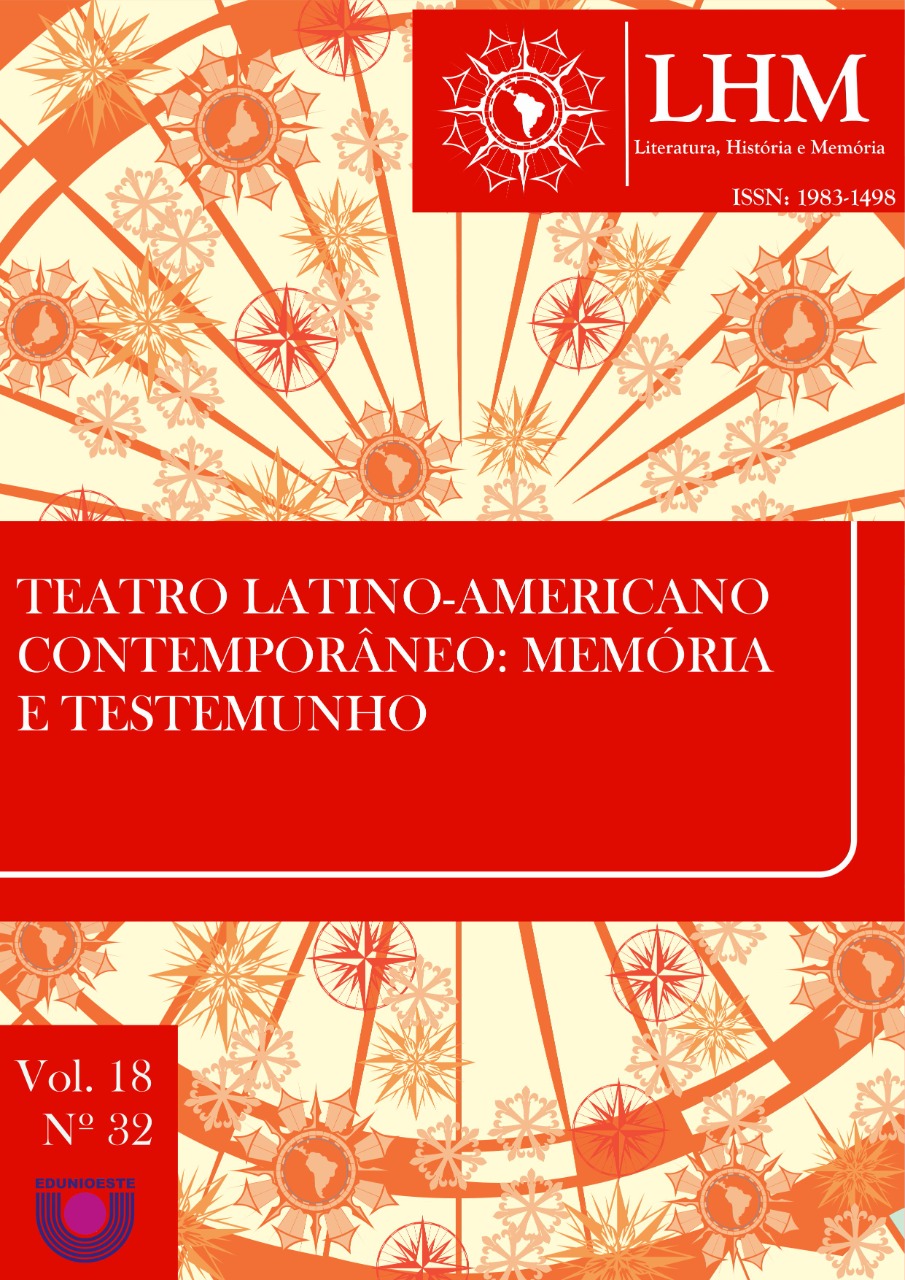Historicidade dos memes, automatização da memória, comicidade
uma reflexão crítica em contexto distópico
DOI:
https://doi.org/10.48075/rlhm.v18i32.28437Resumo
Historicidade e memória possuem relação intrínseca nesta discussão a partir dos memes e da automatização. Em relação aos memes, sua apreensão oscila entre metáfora genética e memética (da internet) incluindo a comicidade como classe complementar dos memes, considerando o contexto brasileiro. Na aproximação entre meme e comicidade, concentra-se a problemática da automatização da memória sob tensão da massa-disposição e interação cibernética. Nessa dimensão tensionada da automatização existe afastamento do conceito de distância (histórica), distinção entre ambivalência e complementaridade por atestar uma historicidade memizada sob a perspectiva da sistemática da história. Para o termo historicidade memizada, a ideia é apreender significações do histórico não limitado às práticas analíticas da história em contexto distópico. Atualmente, os conceitos de distância (histórica) inerente a analítica da experiência da historicidade e massa-disposição de Aleida Assmann se tornam insuficientes para a interpretação da memória porque há defesa de pares antitéticos e não ambivalência de complementaridade entre experiência de historicização e retorno subjetivo.
Downloads
Publicado
Como Citar
Edição
Seção
Licença

Este trabalho está licenciado sob uma licença Creative Commons Attribution-NonCommercial-ShareAlike 4.0 International License.
Aviso de Direito Autoral Creative Commons
Política para Periódicos de Acesso Livre
Autores que publicam nesta revista concordam com os seguintes termos:
1. Autores mantém os direitos autorais e concedem à revista o direito de primeira publicação, com o trabalho simultaneamente licenciado sob a Licença Creative Commons Attribution que permite o compartilhamento do trabalho com reconhecimento da autoria e publicação inicial nesta revista.2. Autores têm autorização para assumir contratos adicionais separadamente, para distribuição não-exclusiva da versão do trabalho publicada nesta revista (ex.: publicar em repositório institucional ou como capítulo de livro), com reconhecimento de autoria e publicação inicial nesta revista.
3. Autores têm permissão e são estimulados a publicar e distribuir seu trabalho online (ex.: em repositórios institucionais ou na sua página pessoal) a qualquer ponto antes ou durante o processo editorial, já que isso pode gerar alterações produtivas, bem como aumentar o impacto e a citação do trabalho publicado (Veja O Efeito do Acesso Livre).
Licença Creative Commons
Esta obra está licenciada com uma Licença Creative Commons Atribuição-NãoComercial-CompartilhaIgual 4.0 Internacional, o que permite compartilhar, copiar, distribuir, exibir, reproduzir, a totalidade ou partes desde que não tenha objetivo comercial e sejam citados os autores e a fonte.


